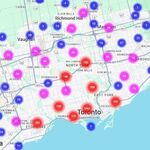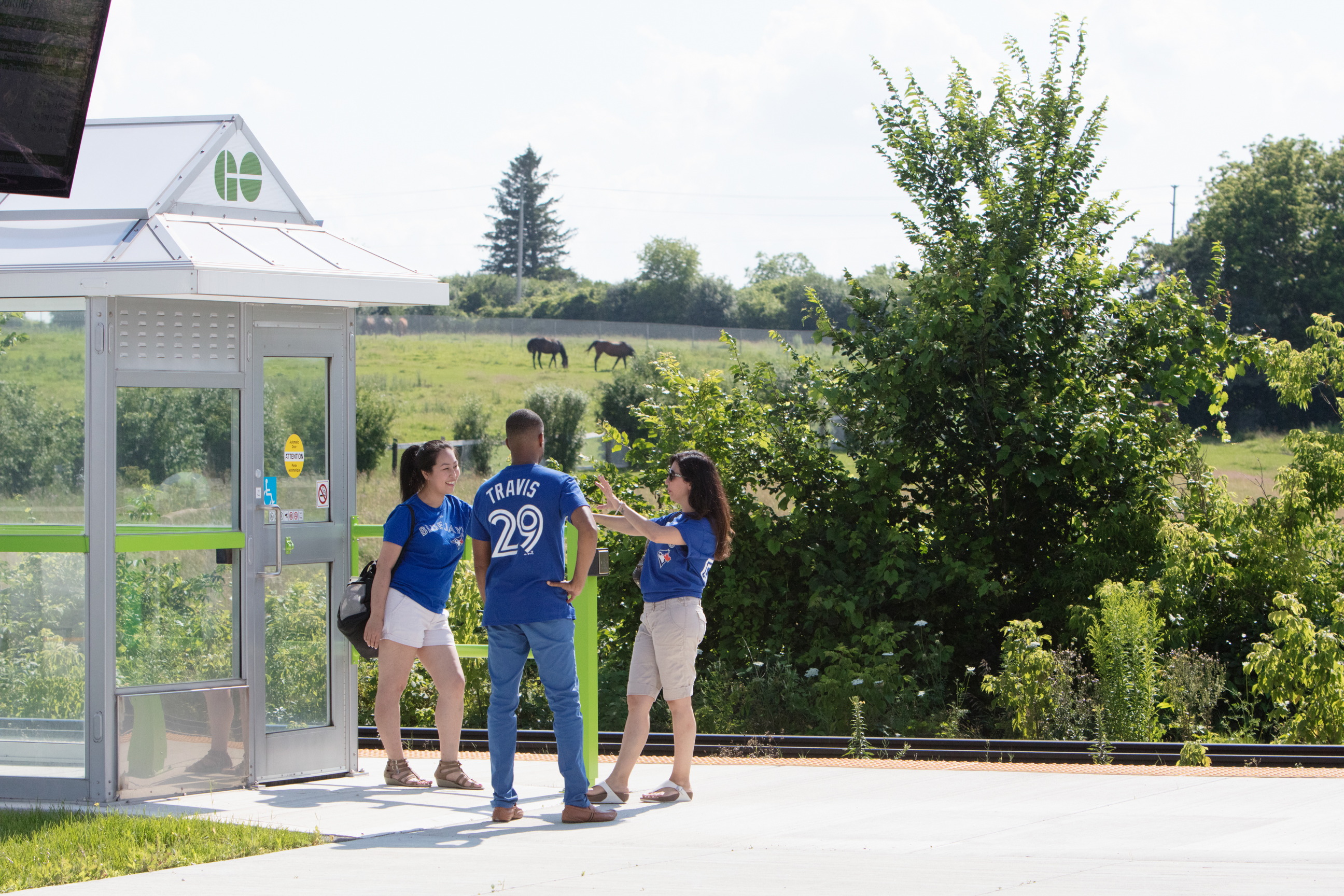asey20
New Member
I wouldn't call the entirety of car infrastructure as operational costs. Yes, there is a proportion of taxes that go towards car/road infrastructure, but not all of these are operational costs. The construction and maintenance of roads is not an operational costs, the same as how the construction and maintenance of tracks and stations is not operational costs. To be clear, I am specifically speaking of the operational costs of running a motor vehicle in comparison to the operational costs of running a train. Drivers pay majority of the costs for their own vehicle. There should be a fair proportion that passengers pay for running a train route. Paying cents on the dollar for a train route is not a great way of ensuring the longevity of that train route.do you have any objective metrics to back up that car drivers pay for all operational costs? i don't own a car yet my taxes go towards paying for car infrastructure
i don't know why people have this simplistic idea that budgets on a municipal, state, and federal level are supposed to balanced like your personal chequing account; there's way more nuance and complexities to this..
I never was trying to come across this being a simplistic idea. There is a lot of ambiguity in the amount that a passenger should have to subsidize operational costs of running a train in my statement. The keyword here is that it should be "reasonable". A loophole where passengers could use a weekend pass for a service that it was not meant for is not reasonable or fair. There is a balancing act to achieve here.





